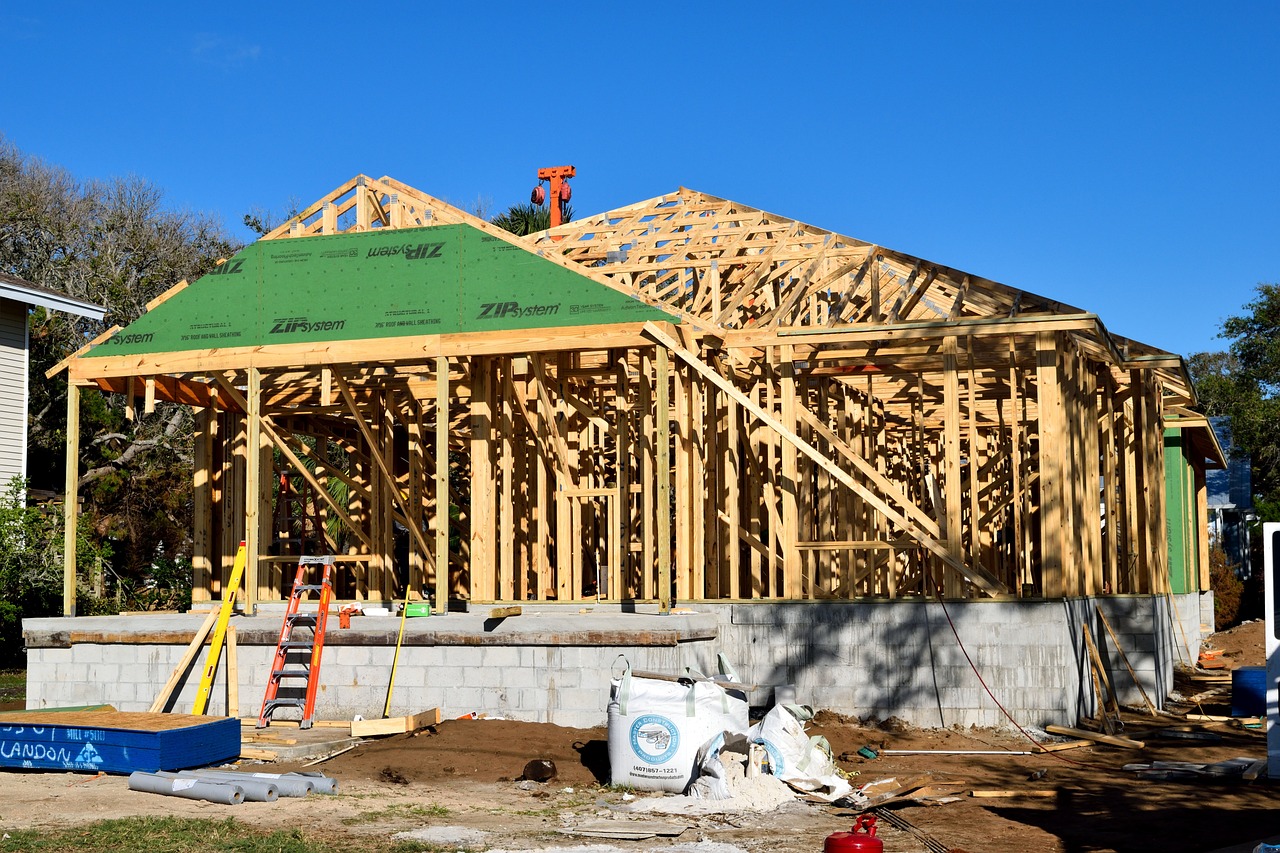Foundation excavation contractors play a crucial role in preparing a site for construction by carefully digging and shaping the earth to create a stable base for foundations. They use specialized equipment and techniques to ensure the excavation meets precise dimensions and supports the structural integrity of the building. This process is essential for residential, commercial, and industrial projects alike.
These contractors handle various tasks, including site grading, trenching, and removal of soil, which must be done efficiently to keep construction timelines on track. Their expertise helps avoid common issues such as poor drainage or unstable soil conditions, which can affect the long-term durability of a structure.
Choosing experienced foundation excavation contractors means a project will benefit from accurate work tailored to the needs of the builders and engineers. This foundation work sets the stage for everything that follows in a construction project, making its quality a key factor in the overall success of the build.
Foundation Excavation Contractors Overview
Foundation excavation contractors prepare the ground for building foundations by performing precise digging, grading, and soil assessment tasks. Their work involves multiple specialized services tailored to various construction needs. Understanding their roles, the types of excavation they perform, and the qualifications they must hold is essential to choosing the right contractor.
Role and Responsibilities
Foundation excavation contractors handle the initial groundwork that supports building structures. This includes site assessment, removing debris, trenching, and grading land to achieve a stable base. They collaborate closely with general contractors to ensure the excavation meets design and safety standards.
They also manage equipment scheduling and crew coordination to complete the project efficiently. Contractors must ensure soil stability, proper depth, and slope safety, reducing risks of future foundation problems. Precise excavation helps prevent costly structural issues and supports durability.
Types of Foundation Excavation
Contractors perform various excavation types depending on the project. Common services include:
- Basement excavation: Digging below ground level for underground living spaces.
- Footing excavation: Preparing trenches for concrete footers that support walls.
- Slab foundation excavation: Leveling and shaping a site for concrete slab pouring.
- ICF (Insulated Concrete Form) excavation: Precise digging to fit specialized formwork.
Each type requires specific equipment and techniques, ensuring the site matches architectural and engineering requirements. Proper excavation depth and slope control are critical across all types.
Key Qualifications
Qualified foundation excavation contractors possess licenses and certifications indicating compliance with local regulations. They demonstrate technical skills in earthmoving, soil analysis, and equipment operation. Experience working with various soil types and foundation designs is essential.
Contractors must maintain safety standards, including slope stabilization and erosion control. Investing in modern machinery and trained staff supports project accuracy and efficiency. Verified references and a history of completed projects help validate their reliability and competence.
Selecting the Right Foundation Excavation Contractor
Choosing a contractor for foundation excavation requires careful attention to qualifications, pricing, and safety. These elements directly affect the quality, cost, and legality of the project. Understanding how to assess each will help ensure the excavation process supports a durable and secure foundation.
Evaluating Experience and Credentials
Experience in foundation excavation is crucial. Contractors should have a proven track record with projects similar in scale and complexity. It is important to verify licensing and certifications that comply with local regulations.
References and reviews offer insight into a contractor’s reliability and workmanship. Checking portfolios or past projects helps confirm expertise in handling soil types and excavation challenges relevant to the site.
A contractor with specialized training in foundation excavation will better manage unexpected issues, such as water table fluctuations or soil instability. This reduces risks and prevents costly delays.
Comparing Cost Estimates
Cost is a key factor but should not be the sole criterion. Comparing estimates from multiple contractors helps identify reasonable market rates while revealing potential outliers.
Estimates must be detailed, breaking down labor, equipment, materials, and permit fees. This transparency allows for better understanding and prevents hidden charges.
Cheaper bids may compromise quality or safety. The best estimate balances cost with clear scope, timeline, and contractor reputation. Written contracts specifying deliverables and payment schedules protect both parties.
Safety Standards and Compliance
Safety compliance is non-negotiable in excavation work. Contractors must adhere to OSHA regulations and local safety codes to protect workers and the site.
Proper safety protocols include site inspections, use of protective gear, and emergency response plans. Contractors should provide evidence of insurance and worker training.
Ignoring safety standards can lead to accidents, legal penalties, and project shutdowns. Selecting a contractor who prioritizes safety ensures professional execution and peace of mind during excavation.



